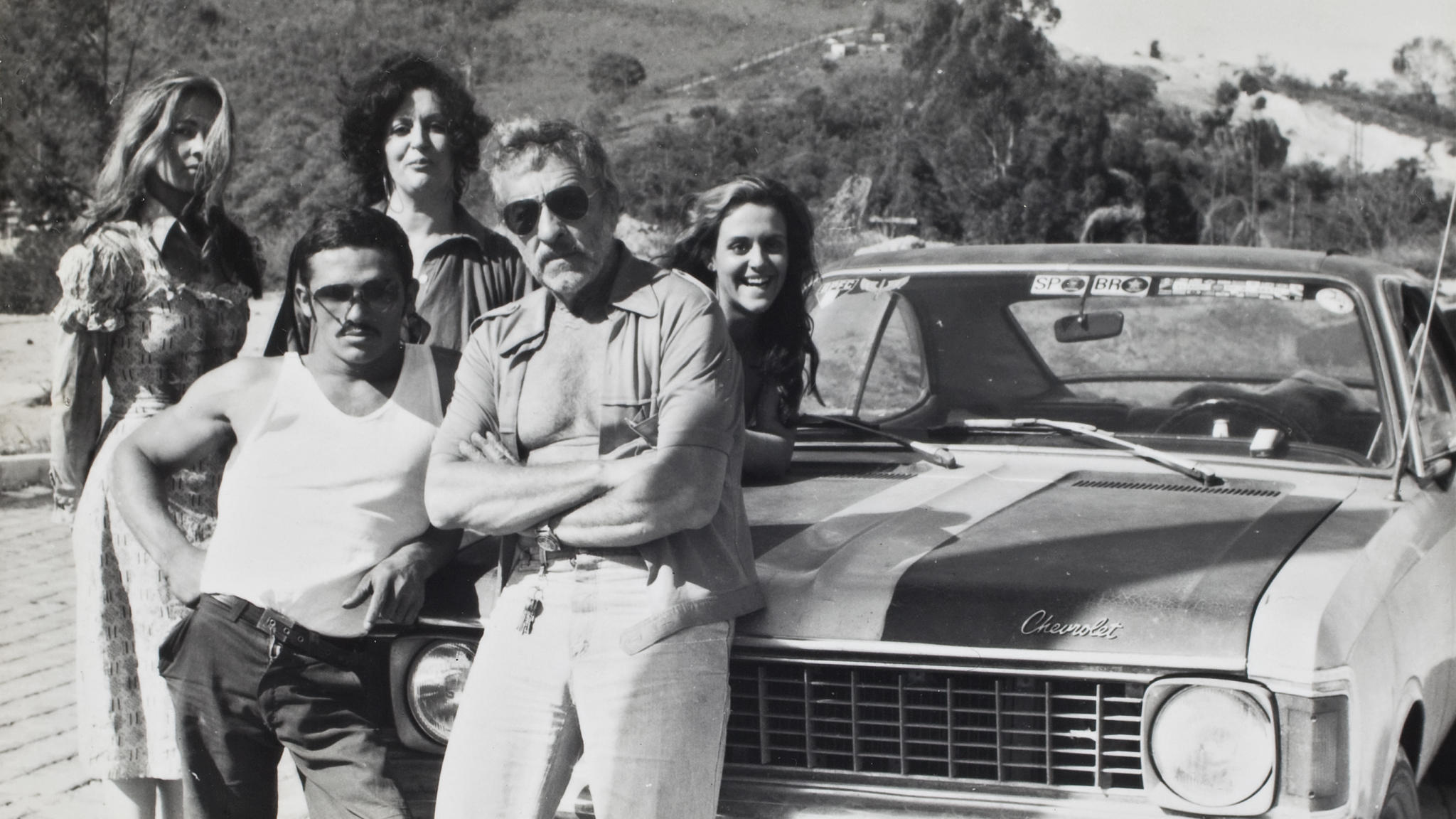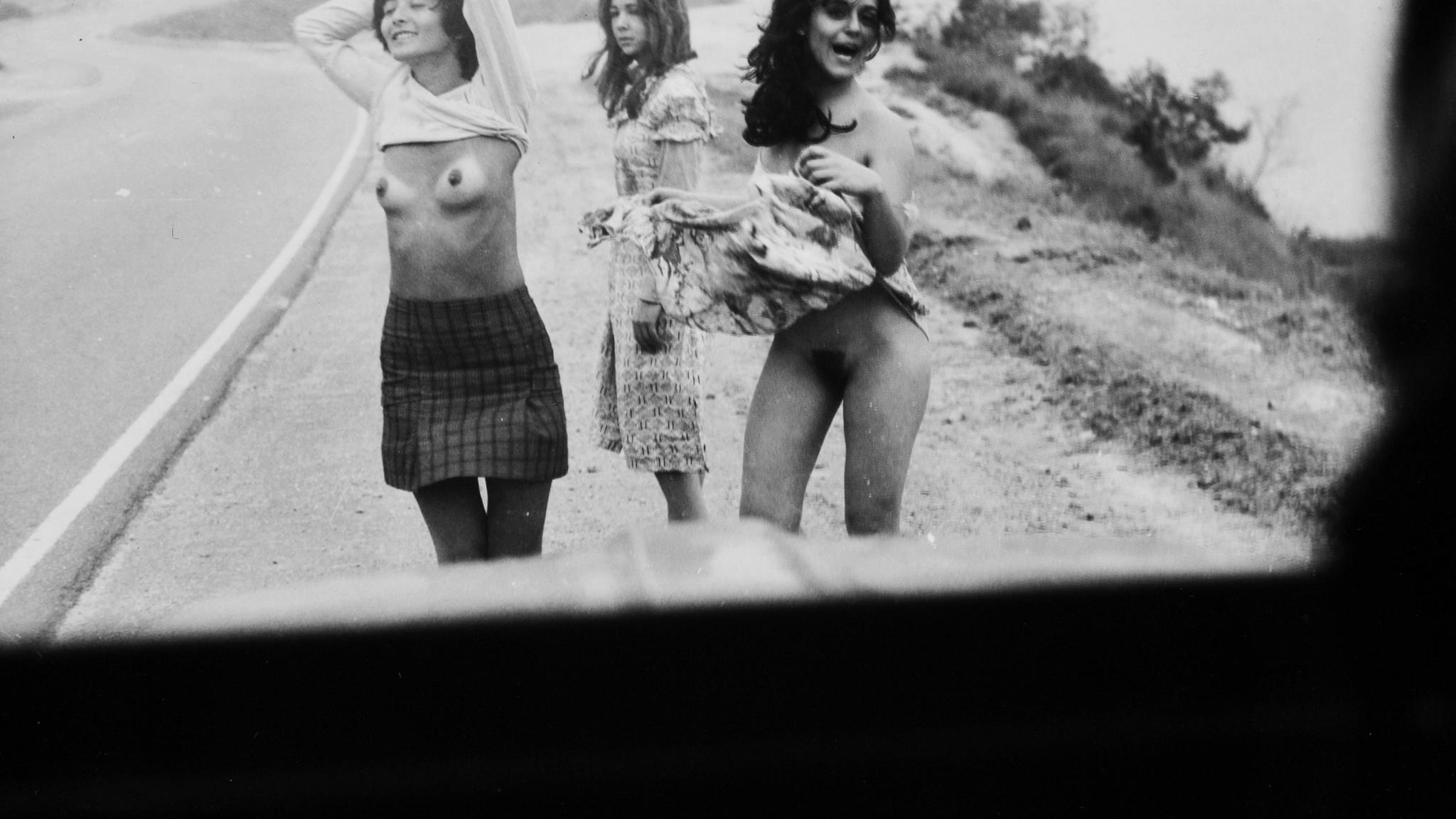Brazil’s Marginal Cinema Movement began in the late 1960s in the slums of Sao Paulo. Films of this era were united in the radical themes and low-budget aesthetics they featured, rejecting the norms of traditional cinema. Brazil had recently undergone rapid political changes and citizens found themselves living under a dictatorial regime. Because these radical films often served as a rebuke to the new administration and its violent policies, the films were often censored or banned by the government.
We’re excited to celebrate Marginal Cinema with one of the movement’s biggest figures, Ozualdo Candeias. In his 1981 film, Opção: (ou As Rosas da Estrada), or The Option (or: The Roses of the Highway), Candeias combines theatrical scenes and cinéma vérité filming to tell the story of young women in rural communities moving to cities in order to make a better life for themselves, only to find their options limited to prostitution. Candeias depicts the bleak lives these women lead, in which they must choose between performing exhausting labor in sugarcane fields or sex work, through his use of spare, black and white imagery, hand-held camera, and minimal dialogue.










